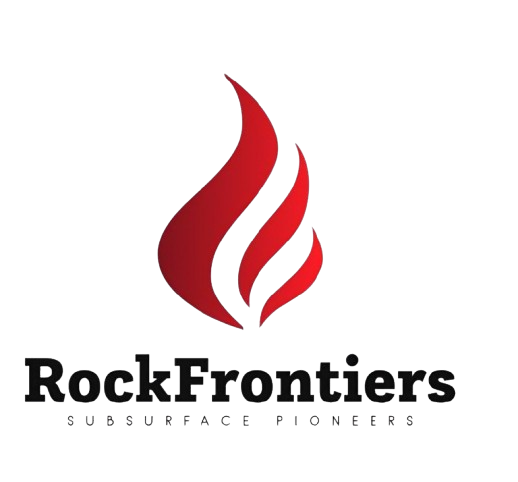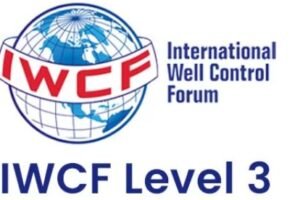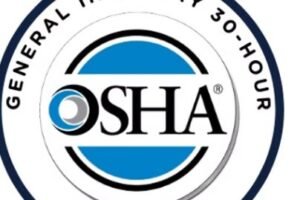🧪 Reservoir Quality Analysis of Sandstone & Carbonate Rock Types
Integrating Petrography, Petrophysics, and Diagenesis for Exploration & Development 📘 Course Description: This course provides in-depth knowledge and practical tools for evaluating reservoir quality in both sandstone and carbonate systems. It emphasizes the geological and petrophysical factors controlling porosity, permeability, …
Overview
Integrating Petrography, Petrophysics, and Diagenesis for Exploration & Development
📘 Course Description:
This course provides in-depth knowledge and practical tools for evaluating reservoir quality in both sandstone and carbonate systems. It emphasizes the geological and petrophysical factors controlling porosity, permeability, mineralogy, diagenesis, and fluid saturation, enabling better prediction of reservoir behavior during exploration, appraisal, and development phases.
Using petrographic analysis, core and log data, and case studies, participants will learn how to distinguish primary versus secondary porosity, assess the impact of cementation and compaction, and develop realistic Reservoir Quality Index (RQI) models.
🎯 Who Should Attend:
-
Geologists & Petrophysicists
-
Reservoir Engineers
-
Core Analysts & Petrographers
-
Exploration & Development Teams
-
E&P Project Geoscientists
-
Technical Managers and QC/QA professionals
🧾 Training Format:
-
Duration: 5 Days
-
Mode: Classroom / Virtual Live
-
Delivery: Lectures, thin-section photo workshops, hands-on exercises, log interpretation
-
Materials: Petrography sheets, core photos, log overlays, case studies
🗓️ Daily Agenda with Time Breakdown
🟨 Day 1 – Fundamentals of Reservoir Quality
| Time | Topic |
|---|---|
| 09:00 – 09:30 | Course Introduction and Objectives |
| 09:30 – 10:30 | Defining Reservoir Quality: Key Parameters |
| 10:30 – 10:45 | ☕ Coffee Break |
| 10:45 – 12:15 | Reservoir Rock Types: Sandstones vs Carbonates |
| 12:15 – 13:15 | 🍽️ Lunch Break |
| 13:15 – 14:45 | Influence of Depositional Environments on Reservoir Architecture |
| 14:45 – 15:00 | ☕ Coffee Break |
| 15:00 – 16:30 | Core Description & Petrographic Techniques for Quality Assessment |
🟨 Day 2 – Porosity & Permeability Systems in Sandstones
| Time | Topic |
|---|---|
| 09:00 – 10:30 | Primary & Secondary Porosity in Sandstones |
| 10:30 – 10:45 | ☕ Coffee Break |
| 10:45 – 12:15 | Diagenesis Impact: Compaction, Cementation, Dissolution |
| 12:15 – 13:15 | 🍽️ Lunch Break |
| 13:15 – 14:45 | Permeability Trends in Clean vs Shaly Sands |
| 14:45 – 15:00 | ☕ Coffee Break |
| 15:00 – 16:30 | Case Study: Fluvial & Deltaic Reservoirs – RQI Calculations |
🟨 Day 3 – Reservoir Quality in Carbonates
| Time | Topic |
|---|---|
| 09:00 – 10:30 | Fabric-Controlled Porosity Systems in Carbonates |
| 10:30 – 10:45 | ☕ Coffee Break |
| 10:45 – 12:15 | Dolomitization, Micritization, and Dissolution Porosity |
| 12:15 – 13:15 | 🍽️ Lunch Break |
| 13:15 – 14:45 | Vuggy vs Intercrystalline Porosity: Challenges in Interpretation |
| 14:45 – 15:00 | ☕ Coffee Break |
| 15:00 – 16:30 | Field Examples: Carbonate Diagenetic Pathways & Porosity Prediction |
🟨 Day 4 – Petrophysical Analysis and Core-Log Integration
| Time | Topic |
|---|---|
| 09:00 – 10:30 | Integration of Core, Log & Petrographic Data for RQ Assessment |
| 10:30 – 10:45 | ☕ Coffee Break |
| 10:45 – 12:15 | Capillary Pressure & Wettability Impact on Reservoir Quality |
| 12:15 – 13:15 | 🍽️ Lunch Break |
| 13:15 – 14:45 | RQI, FZI, and Flow Unit Classification |
| 14:45 – 15:00 | ☕ Coffee Break |
| 15:00 – 16:30 | Log-Based Quality Mapping: Crossplots and Cutoffs |
🟨 Day 5 – Practical Applications and Case Studies
| Time | Topic |
|---|---|
| 09:00 – 10:30 | Field-Based Workshop: Sandstone vs Carbonate Quality Ranking |
| 10:30 – 10:45 | ☕ Coffee Break |
| 10:45 – 12:15 | Quality Control and Uncertainty in RQ Prediction |
| 12:15 – 13:15 | 🍽️ Lunch Break |
| 13:15 – 14:45 | Group Exercise: Constructing a Quality Profile from Core + Log Data |
| 14:45 – 15:00 | ☕ Coffee Break |
| 15:00 – 16:30 | Wrap-Up, Discussion, and Certification |
Target audiences
- Reservoir Engineers, Geologists
You May Like
📘 Underbalanced Drilling (UBD) Techniques and Safety
🎯 Course Description: This intensive 5-day program focuses on Underbalanced Drilling (UBD) – an advanced technique used to drill wells where the hydrostatic pressure of the fluid is intentionally kept below formation pressure. Participants will learn how to implement UBD …
📘 IOSH Managing Safely
🎯 Course Description: A practical, 5-day program designed to help managers and supervisors learn how to manage safety and environmental responsibilities in their teams. Emphasis is placed on identifying risks, measuring performance, and leading safely using internationally recognized good practices. …
📘 IWCF Level 3 Well Control (Surface BOP)
🎯 Course Description: This is an intensive course aimed at drilling / well service personnel needing to gain supervisory competence in well control using surface blow‑out preventers (BOP) under the IWCF standard. It covers theory, hands‑on practice, and assessments for …
Advanced Specialist Petroleum GeoMechanics
📘 Course Description: This elite-level course is tailored for petroleum geomechanics specialists and senior subsurface professionals engaged in complex field development projects. It provides a deep technical dive into stress modeling, anisotropic rock behavior, coupled geomechanical-reservoir simulation, fault/fracture mechanics, and …
📘 OSHA 30‑Hour General Industry Safety and Health
🎯 Course Description: This 5‑day course provides in‐depth knowledge of workplace safety and health in general industry sectors. It covers OSHA regulations, hazard recognition, safety programs, and industry best practices. Participants will gain the expertise needed to maintain a safe …






